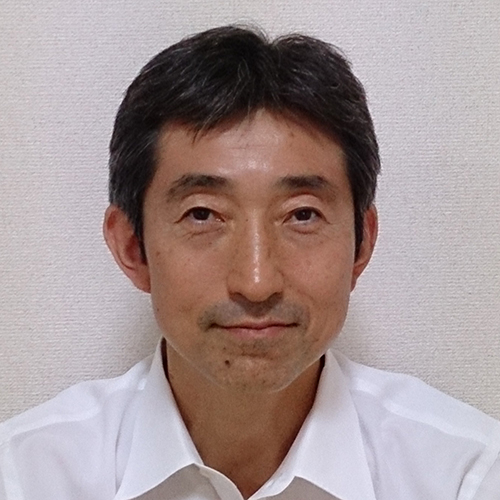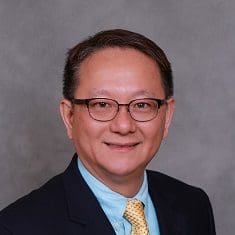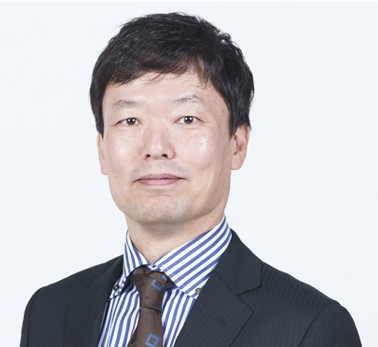
Dr. HASIDA Koiti
Director, Artificial Intelligence in Society Research Group
RIKEN Center for Advanced Intelligence Project (AIP), Japan
Koiti Hasida finished his doctoral study at the Graduate School of Science, the University of Tokyo in 1986, obtaining the degree of Doctor of Science. He was affiliated with Electrotechnical Laboratory for 1986-2001 (seconded to the Institute for New Generation Computer Technology for 1988-1992), with National Institute of Advanced Industrial Science and Technology for 2001-2013, and with Social ICT Research Center, Graduate School of Information Science and Technology, the University of Tokyo for 2013-2024. He has been in the present position at RIKEN Center for Advanced Intelligence Project (AIP) since 2017. His research themes encompass natural-language processing, artificial intelligence, and cognitive science, among others, and he served as President of the Association for Natural Language Processing and President of the Japanese Cognitive Science Society. He has proposed technologies and business models for value creation through decentralized management of personal data, and is promoting the spread of these models in collaboration with public and private sectors.
Title: TBA
Abstract: TBA

Prof. Kuan-Chou Chen
Purdue University Northwest, United States
Kuan-Chou Chen is a professor of management information systems. He dedicated himself to higher education and has focused on student success with creating real-world learning environment, adding new undergraduate and graduate concentration programs. Chen has fifteen years of progressive administrative responsibilities including associate dean, school director and department head in the College of Business.
Chen has specialized in computer programming, system simulation, project management, business intelligence, data mining, system analysis and design, e-business strategy and application, supply chain management, network design and security, knowledge management and information economy.
Chen has more than 90 scholarly publications, most in peer-reviewed journals. He is an active participant in several professional journals and serves on three paper reviewer boards. Currently he is an Editor-in-Chief of International Journal of e-Education, e-Business, e-Management and e-Learning. His productivity and scholarship have been recognized by his colleagues, being nominated three years in a row for an “Outstanding Scholar Award.”
Chen has initiated experiential and service-learning opportunities with community partners and PNW. He won experiential learning course development grants four times to create service-learning courses connecting the real-world and academia. He was awarded seven external grants from Indiana Campus Compact to service a learning project. He has also mentored over 150 undergraduate research projects.
Title: TBA
Abstract: TBA

Prof. Hirozumi Yamaguchi
The University of Osaka, Japan
Hirozumi Yamaguchi is a full professor at The University of Osaka (Osaka University), where he leads the Mobile Computing Laboratory. He received his Ph.D. in Engineering from Osaka University in 1998. His research focuses on cyber-physical systems, mobile and pervasive computing, particularly in smart cities and smart living. He has led several national projects, including JST CREST and NICT, and serves in editorial roles for reputable journals such as Elsevier Ad Hoc Networks and Elsevier Pervasive and Mobile Computing, as well as a chair/member for major wireless and mobile IEEE conferences such as IEEE PerCom, WoWMoM, MASS, and SmartComp. He has also served as General Chair for international conferences including EAI Mobiquitous and ICDCN. He received the Minister of Education’s Commendation for Science and Technology in 2018 and is an IEEE Senior Member. Since April 2024, he has also headed the Large-Scale Digital Twin Research Team at RIKEN Center for Computational Science (R-CCS) as the team principal.
Title: Capturing the Real World: Sensing and AI for Future Education
Abstract: TBA